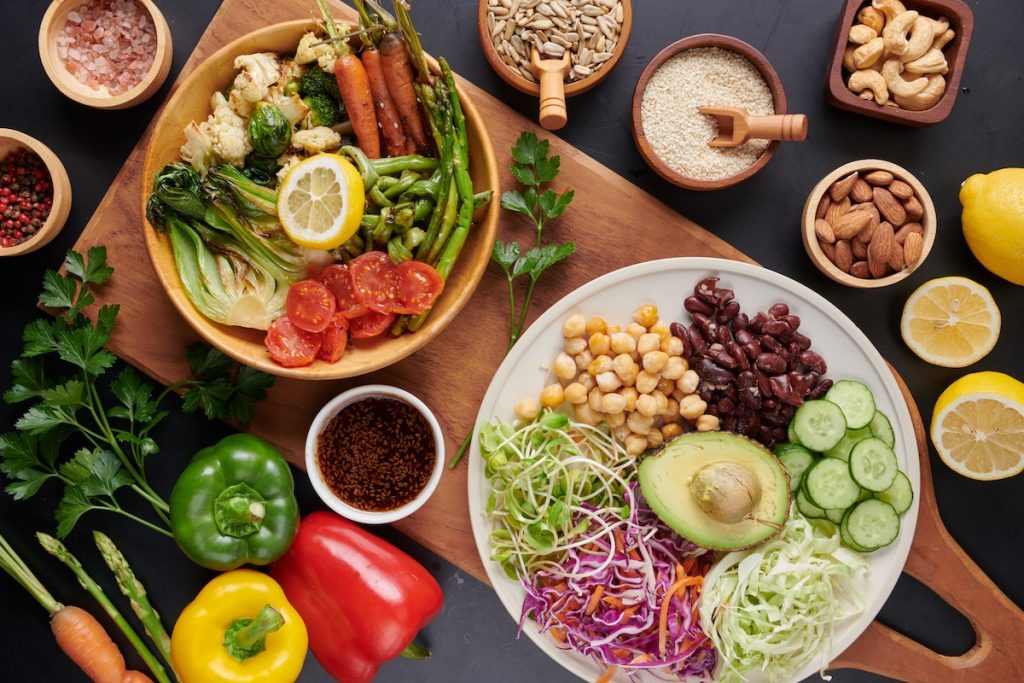High blood pressure (hypertension) is a serious health concern that affects millions of people, increasing the risk of heart disease, stroke, and other complications. However, the good news is that lifestyle changes especially regular exercise and a balanced diet can help control and even reduce high blood pressure. At The Community Wellness Initiative of Pittsburgh, we believe in empowering individuals with the knowledge and tools to take control of their health naturally.
How Exercise Helps Lower Blood Pressure
Regular physical activity strengthens the heart, allowing it to pump blood more efficiently with less effort. This reduces the force on your arteries, lowering blood pressure. Here’s how different types of exercise contribute to better cardiovascular health:
1. Aerobic Exercise (Cardio)
- Activities like walking, jogging, swimming, and cycling improve heart health.
- Aim for at least 150 minutes per week of moderate-intensity cardio or 75 minutes per week of vigorous activity.
- Helps reduce systolic and diastolic blood pressure over time.
2. Strength Training
- Resistance training (using weights, resistance bands, or bodyweight exercises) improves circulation and supports overall heart function.
- Focus on full-body strength workouts at least two days per week.
3. Flexibility & Mobility Training
- Yoga and stretching help with stress management, which plays a crucial role in blood pressure regulation.
- Deep breathing and mindfulness exercises promote relaxation and reduce hypertension risk.
The Role of Nutrition in Managing Blood Pressure
Alone, exercise is not enough to combat hypertension. What you eat plays a vital role in keeping your blood pressure in check. A heart-healthy diet can significantly lower high blood pressure and reduce reliance on medication.
1. Eat More Whole Foods
- Prioritize fresh vegetables, fruits, whole grains, and lean proteins.
- Foods rich in potassium (bananas, sweet potatoes, spinach) help balance sodium levels.
2. Reduce Sodium Intake
- Excess salt contributes to high blood pressure by causing water retention.
- Avoid processed foods, fast food, and excessive table salt use.
- Opt for herbs and spices to flavor your meals instead.
3. Increase Healthy Fats
- Omega-3 fatty acids (found in salmon, flaxseeds, and walnuts) support heart health.
- Choose healthy fats like olive oil and avocado while avoiding trans fats and excessive saturated fats.
4. Stay Hydrated & Limit Alcohol
- Drink plenty of water to support circulation and kidney function.
- Reduce alcohol intake, as excessive drinking can elevate blood pressure.
The Power of Lifestyle Changes
Beyond exercise and nutrition, managing stress, getting quality sleep, and avoiding smoking all contribute to healthy blood pressure levels. Making these changes doesn’t have to be overwhelming… small, consistent steps lead to long-term success.
At The Community Wellness Initiative of Pittsburgh, we are committed to helping our community achieve better health through education, exercise, and holistic wellness. If you’re ready to take control of your blood pressure, start moving, eat well, and reach out for support. Your heart will thank you!
Looking for guidance on your wellness journey? Our programs provide fitness training, nutrition education, and community support to help you achieve your goals. Contact us today to learn more about how we can help you live a healthier, stronger life.
Yours In Wellness,
Christopher Howard
Executive Director and Founder
Community Wellness Initiative of Pittsburgh
#HeartHealth #CommunityWellness #BloodPressureControl #PittsburghFitness

